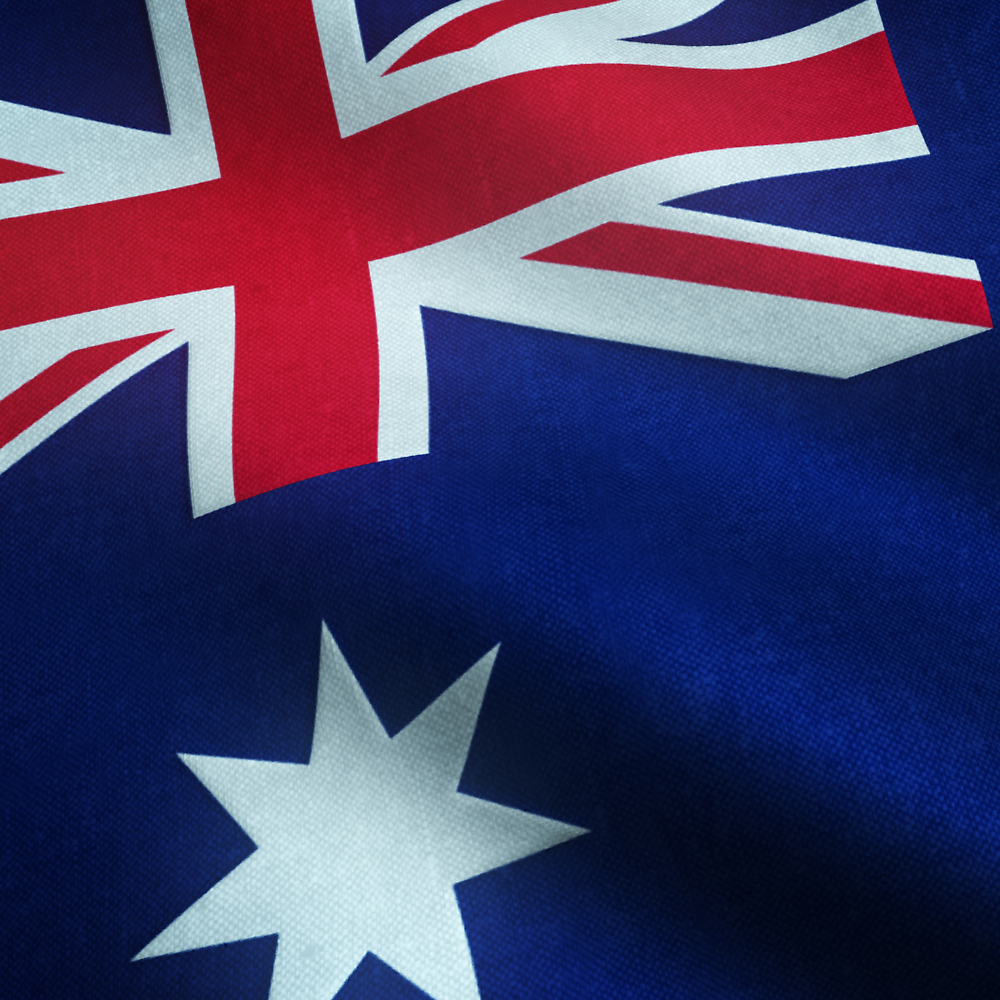
The federal government of Australia has decided to remove Chinese-made surveillance cameras that were installed in their defense sites. They admit that there is a potential fear of national security. An audit found 900 Hikvision and Dahua surveillance systems on government properties, prompting this decision. James Paterson, shadow cybersecurity minister, conducted the audit.
The US and UK also made the same decision in 2022. They also feared that the data from the devices could be accessed by the Chinese government. The audit found that cameras and other security equipment were on more than 200 buildings and in almost every department, including the foreign affairs and attorney general's departments. This was confirmed by Australia’s defense minister, Richard Marles.
There was at least one unit found in the defense department. However, the total number of defense sites is unknown. Marles told sources that the cameras found will be removed and the locations will be made completely secure. Mark Dreyfus, the attorney general, stated that the government will evaluate whether cameras on other government buildings must also be removed.
Anthony Albanese stated that he did not believe the removal of the cameras would affect diplomatic relations with China. James Paterson mentioned that there was no way of knowing if the data collected by the devices were being handed over to Chinese intelligence. The national security law of China can be used to compel any organization or individual to help, assist, and cooperate with state intelligence activities.
The audit done by Paterson discovered that the Attorney General's Office uses 195 surveillance devices manufactured in China across 29 locations. There are an additional 154 in the Department of Climate Change and Energy and an additional 134 at social services offices. The data collected by Hikvision and Dahua cameras and where it would end up or what it could be used for was a great concern for ASIO director-general Mike Burgess.
The national security law of China can be used to compel any organization or individual to help, assist, and cooperate with state intelligence activities. Furthermore, Senator Paterson suggested that Australia should not support Hikvision and Dahua for moral reasons. He said that both companies were actively involved in the alleged violations of human rights and mass surveillance of Uyghurs in Xinjiang.
Hikvision asserts that portraying them as a threat to national security is "categorically incorrect."A spokesperson mentioned how the company said it cannot access end users' video data. Hence, the data cannot transmit to the third person.
Paterson has also voiced worries that there may be Hikvision and Dahua cameras inside Parliament House, adding that the Department of Social Services has not confirmed this. In November, however, the United Kingdom prohibited the installation of any new surveillance cameras manufactured by Dahua and Hikvision in "sensitive areas" due to security concerns. In addition, it stated that it will evaluate whether existing devices should be removed.
China imposed trade restrictions and levies on Australian goods such as coal, lobsters, and wine in response to Australia's 2018 ban on Huawei from its 5G network. However, relations have improved since the center-left administration took office in May 2022.



